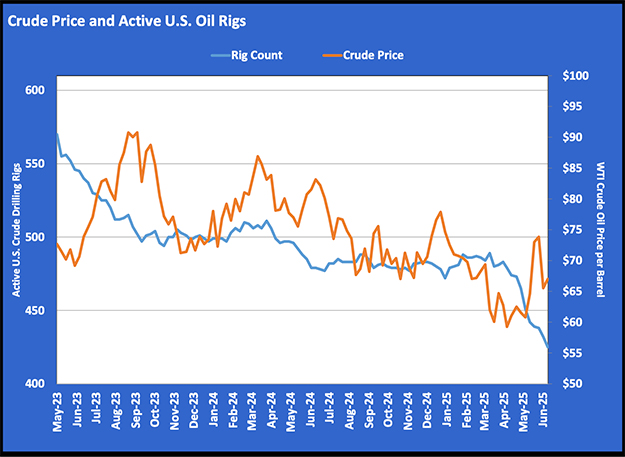Using social media to manage your reputation during extreme weather crises
Thanks to the power of social media, a company’s brand is in the hands of its consumers now more than ever before.
How your customers feel about their most recent experience with you can be posted to Facebook, Google, Yahoo and other sites in a matter of moments. The consequences of angry reviews can be devastating. Recent studies show that 65 percent of internet users read reviews before making decisions about with whom they choose to do business.
The recent extreme weather had fuel companies on edge, working at capacity, and at the mercy of manpower shortages and rising wholesale prices. Trying times like this create an environment that is ripe for customers using social media to reach you (especially if they can’t get through on your phone lines) and complain about a bad experience they’ve had. Like the rest of your business, your social media strategy and resources are truly put to the test under these conditions.
One company in New York experienced this first-hand when a single post from a disgruntled customer was shared over 4,000 times, reaching hundreds of thousands of people within days – it went viral. This led to an influx of negative messages, comments and reviews on their page. Lack of a quick, empathetic and transparent response was to blame for the escalation. Another example you may remember is the Exxon-Valdez oil spill in 1989. The company waited three whole days before issuing a statement. It was initially its lack of public relations that caused the problem to spiral out of control.
So, how do you avoid these types of situations and prevent small problems from becoming big ones? We have a few suggestions to maximize your opportunity and minimize your vulnerabilities.
1. Don’t ignore them
Customers are already frustrated with lack of service or difficulty getting in touch with you. It’s fortunate they came to your social first before going to Yelp, Google, the Better Business Bureau, etc. You can control the conversation on your own platform, so be sure to always answer. Other companies in your area are probably facing the same challenges. Their customers may be looking at your page to see if you’re a good company to switch to for the rest of winter.
2. Timing matters
Just like the example above, the timing of your response is important. Responding quickly is the best way to minimize the damage.
3. Take it offline
If possible, ask the customer to private message the page or to call your office number. The last thing you want is a back-and-forth public argument for all to see.
4. Be transparent
Honesty is the best policy, right? Own up to any mistake, apologize sincerely and don’t make excuses or defend yourself. Sympathy and empathy will help diffuse the situation and put your company in a better light. This is true even when the customer is wrong. The last thing you want to do on your Facebook page is “win” an argument with a customer.
5. Increase your number of posts
Chances are you’re facing delays and challenges answering every phone call. A few messages on your social media about what you’re experiencing can answer a lot of frequently asked questions from customers. Your customers may not know just how busy you are and just how hard you’re working – let them know.
6. Be available after hours
It’s after business hours, customers are still expecting deliveries and no one is answering the office phones. So, they panic. They will reach out to you on any platform to get help. Assuring them you have received their message will not only show you care, but other customers and prospects who see this will have more confidence and trust in your company.
7. Take photos
This isn’t just an opportunity to show off your stellar customer service skills. It’s also a time to showcase all the good things you’re doing to keep your customers safe and warm (especially when they think the fuel just magically shows up in their tank). We know this isn’t the first thing on your list, but documenting the names and faces out there doing all the hard work can go a long way in establishing goodwill.
8. Should you turn off your Facebook reviews altogether?
If you are experiencing a high volume of negative reviews, it may be wise to temporarily turn them off while the crisis is happening. On one hand, it’s good they are addressing you directly on your page because you can control the conversation. On the other, these reviews live forever on the page and if you get too many, the cleanup after will be a long and difficult process. The risk you have to weigh is that if people are mad enough, they will simply take the conversation elsewhere (like Google, for example) where it can be harder for you to manage. Every case is different.
9. Get more positive reviews
Once the crisis is over, bury your negative reviews in an avalanche of positive reviews. It’s the best way to manage your online reputation.
Remember: The world is watching (no pressure!). Your customers, community and prospects are going to be able to see this forever. How you handle each case can seriously enhance or undermine your reputation. Most of this can be nipped in the bud by having a quick, honest and empathetic initial reaction. The most important message to convey to your customers is that you are listening, you care, you’re taking it seriously and you’re doing everything you can.
Olivia Mastromonaco is the social media manager at Warm Thoughts Communications. Contact her at omastromonaco@warmthoughts.com.
















